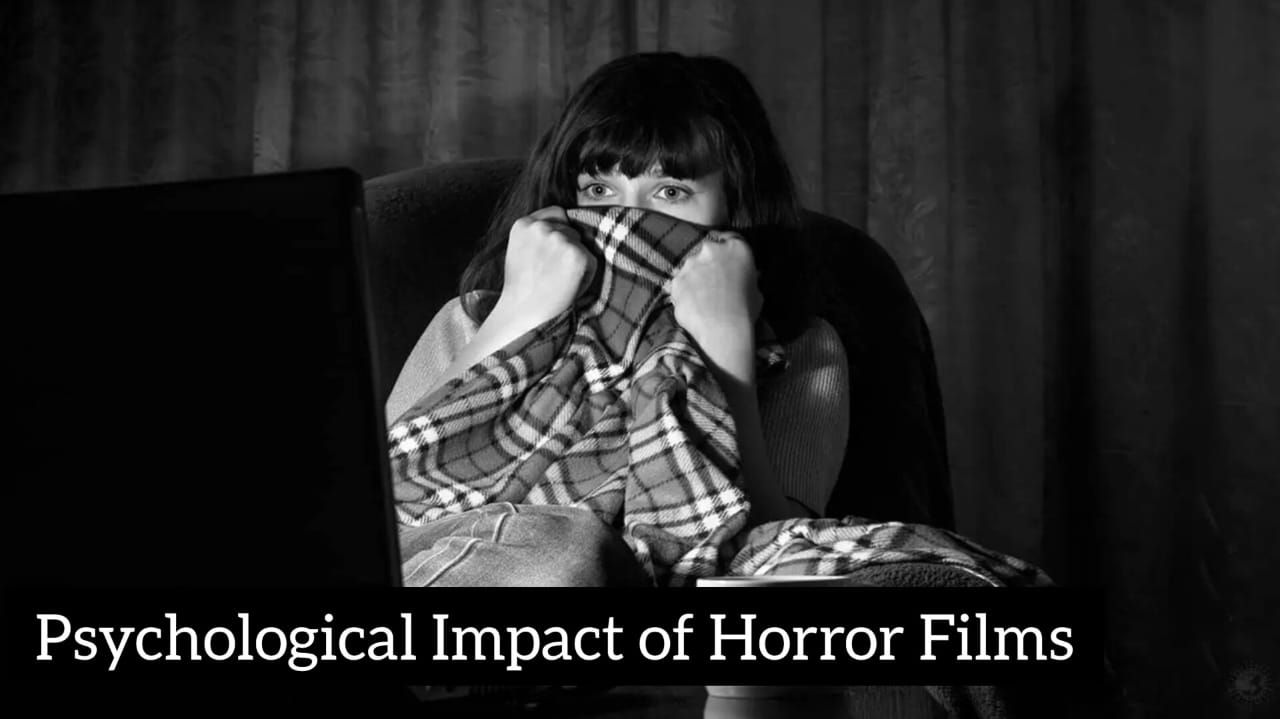Exploring the Psychological Impact of Horror Films on the Audience
Introduction:
Horror films have long captivated audiences with their ability to elicit fear, suspense, and adrenaline rushes. However, beyond the screams and jump scares lies a complex realm of psychological effects that these films have on viewers. Understanding these effects can shed light on why horror films continue to be a popular genre and how they can influence our emotions, thoughts, and behaviors.
Various impacts of horror movies on viewers:
1.Evolutionary Responses to Fear: One of the fundamental aspects of horror films is their ability to trigger fear. This primal emotion is deeply rooted in our evolutionary history, serving as a survival mechanism to alert us to potential threats. When exposed to frightening stimuli in horror films, our bodies may react with physiological responses such as increased heart rate, sweating, and heightened senses. These reactions are remnants of our ancestors' fight-or-flight response, preparing us to confront danger or flee from it.
2.Catharsis and Emotional Release: Contrary to common belief, watching horror films can provide a form of catharsis for viewers. Psychologically, catharsis refers to the release of pent-up emotions or tensions through a vicarious experience. Horror films allow audiences to experience fear and anxiety in a controlled environment, offering a safe outlet for exploring intense emotions that may be suppressed in daily life. This cathartic release can lead to a sense of relief and even a feeling of exhilaration after the movie ends.
3.Desensitization and Sensitization: Repeated exposure to horror films can lead to desensitization or sensitization, depending on individual factors. Desensitization occurs when viewers become less emotionally responsive to frightening stimuli over time. This can result from habituation to horror tropes, where familiar themes and scares lose their impact. On the other hand, some individuals may become more sensitized to horror content, experiencing heightened fear responses with each viewing. This variability highlights the complex interplay between exposure, personal traits, and media effects.
4.Psychological Resilience and Coping Mechanisms: Watching horror films can also foster psychological resilience and adaptive coping mechanisms. By confronting simulated fears in a controlled setting, viewers may learn to manage anxiety and stress in real life. Additionally, experiencing intense emotions within a narrative framework can help individuals develop emotional regulation skills and perspective-taking abilities. These aspects contribute to the therapeutic potential of horror films in certain contexts, such as exposure therapy for specific phobias.
5.Social and Cultural Influences: The psychological impact of horror films is influenced by social and cultural factors. Different societies may have varying attitudes toward horror content based on their norms, beliefs, and historical experiences. Additionally, social interactions such as watching horror films in groups or discussing them afterward can shape individual interpretations and emotional responses. The shared experience of fear can strengthen social bonds and create a sense of community among fans of the genre.
Conclusion:
In conclusion, horror films wield a powerful influence on the psychological experiences of their audience. From triggering primal fear responses to offering cathartic release and fostering resilience, these films tap into a range of emotions and cognitive processes. Understanding the psychological dynamics of horror film consumption enriches our appreciation of this genre and underscores the intricate relationship between media, emotions, and human behavior.

Comment's